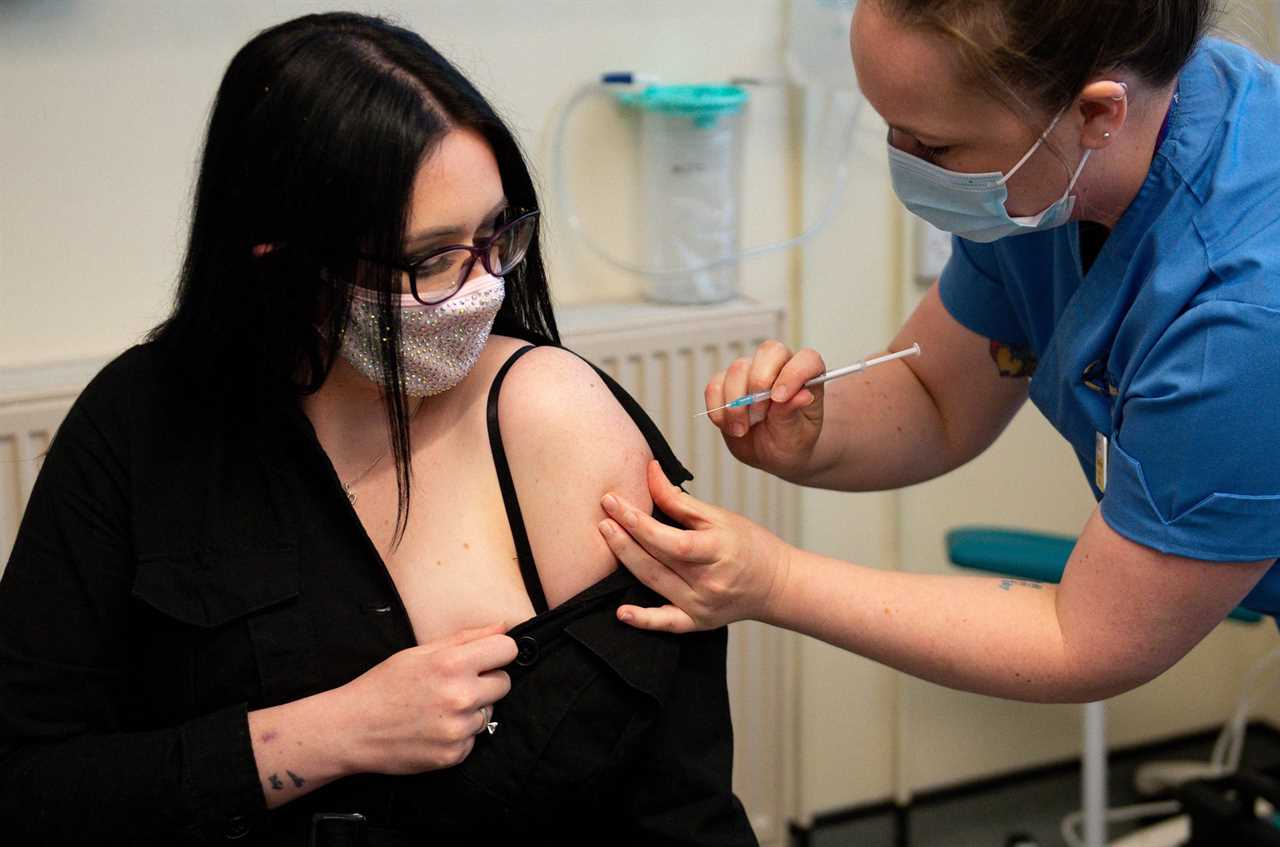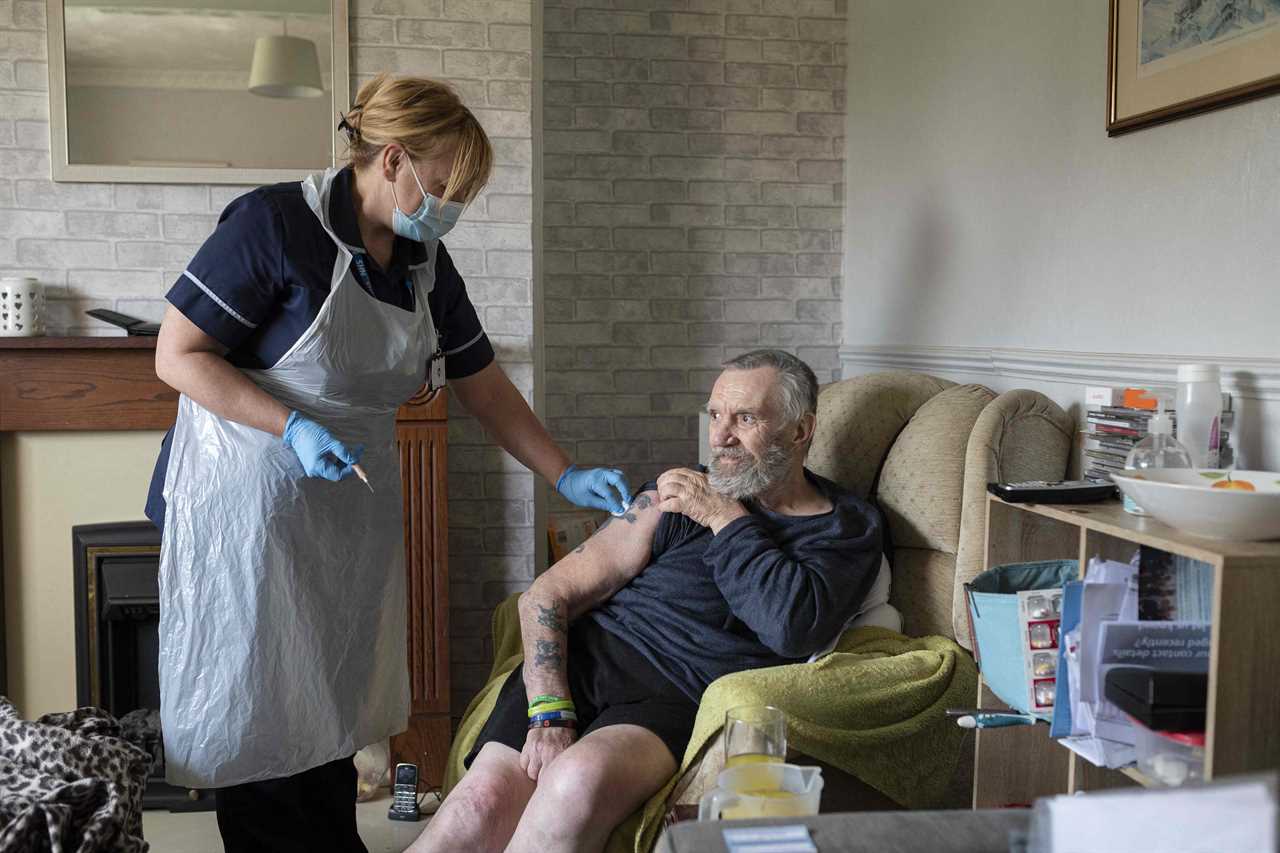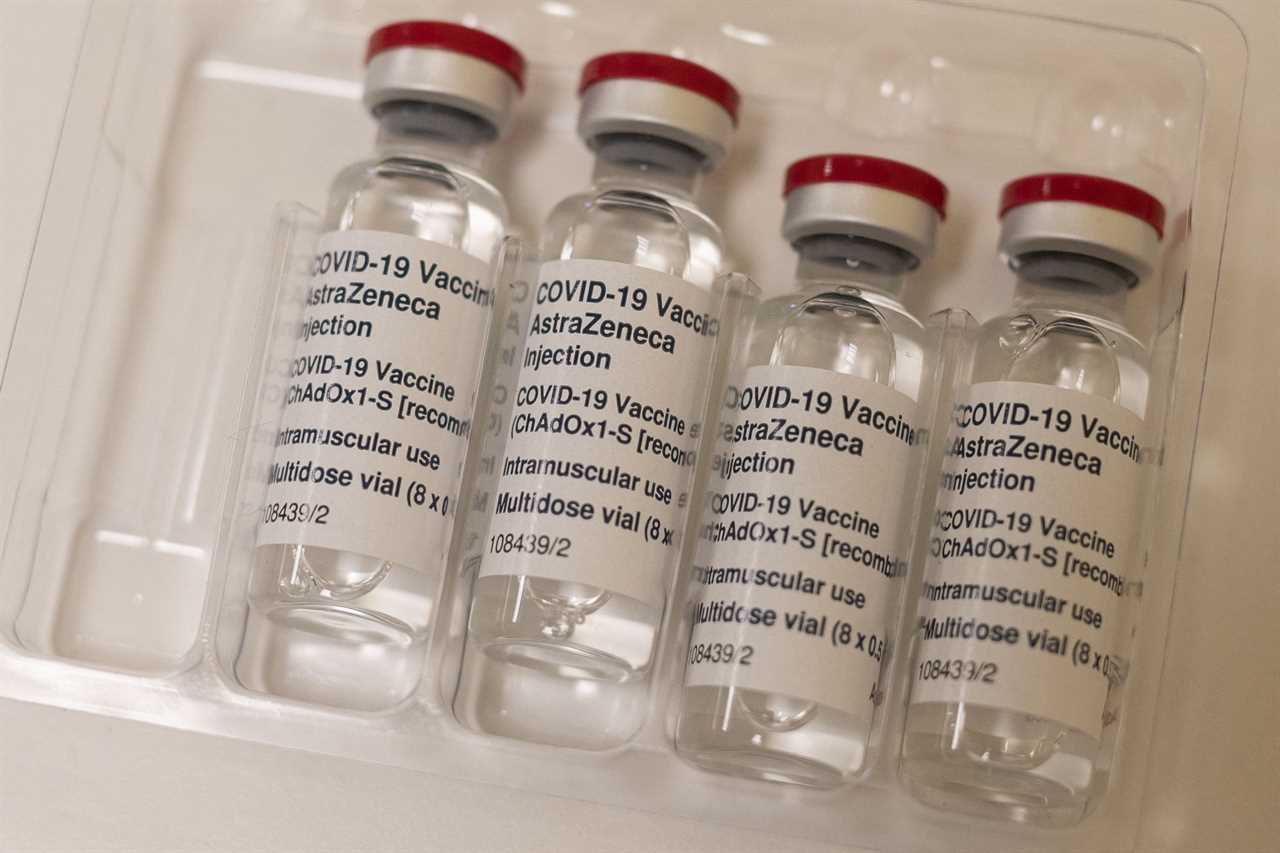COVID certificates being considered by ministers could amount to unlawful indirect discrimination, the government’s equalities watchdog has warned.
The papers – also known as Covid passports – risk creating a “two-tier society” and discriminate against some groups, believes the Equality and Human Rights Commission.

Read our coronavirus live blog for the latest updates


The independent watchdog said the passports risk excluding groups such as migrants, those from minority ethnic backgrounds and poorer socio-economic groups from access to essential services and jobs, reported the Guardian.
“There is a risk of unlawful discrimination if decisions taken in this process disadvantage people with protected characteristics who have not received, or are not able to receive, the vaccine, unless they can be shown to be justified,” warned the body.
“Any mandatory requirement for vaccination or the implementation of Covid-status certification may amount to indirect discrimination, unless the requirement can be objectively justified.”
The watchdog said employers should not be allowed to hire workers on a “no jab, no job” policy until all young people had been offered a vaccine, currently set as the end of July.
Plans to make Covid certificates mandatory for care workers helping older people may be unlawful, added the EHRC.
The warnings emerged as health secretary Matt Hancock gave a clear indication that care workers would be required to have a vaccination to work in care homes.
He said staff have a ‘duty of care’ to get themselves vaccinated to protect older care home residents.


Launching a five-week consultation on the proposal, the government said the initiative could later be extended to the wider health and social care workforce.
“Due to the importance of this issue, we intend to change the law quickly,” it added.
Despite care workers being in the highest priority category for jabs, Hancock said only around half of care homes in England had enough people vaccinated.
Government scientific advisers believe 80 per cent of staff and 90 per cent of residents need to be vaccinated to provide a minimum level of protection against outbreaks of the virus.
Unison, a trade union representing health workers, described the plan as “the wrong approach” and called for persuading care workers of the need to get vaccinated rather than forcing them to through a ban on jobs.
The low take up of vaccination has been put down to fears, so far unfounded, that the vaccine could affect pregnancies, while some have cited religious concerns and logistical issues of not being on shift when vaccines are carried out.
With the vaccine programme in England now being extended to those over 45 and the government not promising to offer all those over the age of 18 a jab until the end of July, the EHRC said employers should not be able to discriminate when looking to hire only those who had been vaccinated.
“The implementation of any policy would need to reflect the status of the vaccine rollout programme and ensure that it does not discriminate against younger people, who are unlikely to be vaccinated until later in the process,” said the ECHR.
A government spokesperson told the Guardian: “Covid-status certification could have an important role to play both domestically and internationally, as a temporary measure.
“We are fully considering equality and ethical concerns as part of our ongoing review.”






